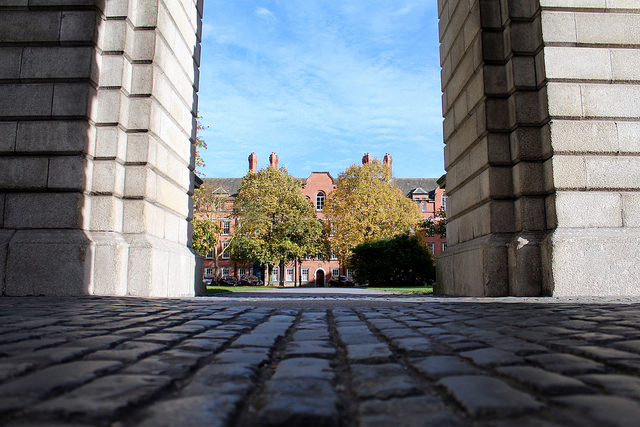Powers to investigate Irish universities, mooted by the Minister for Education Richard Bruton in July, would be used in a “sophisticated” manner, the Chief Executive of the Higher Education Authority (HEA) has told The University Times.
The powers, which Bruton hopes to introduce in amendments to the 2015 Technological Universities Bill, caused significant unease in the higher education sector when announced.
The powers were proposed first by the HEA, after grappling for years with the University of Limerick (UL). A new investigation into conduct in the university comes after several years of internal resistance to an HEA-led investigation.
The controversy in UL, stemming from concerns around financial misconduct and governance issues, casts a shadow over a sector that has been trying to make its case for more state funding in recent years. The last year has been punctuated by similar controversies, and in July the Oireachtas Public Accounts Committee admonished the heads of several Irish universities for financial failures and mismanagement.
But the Chief Executive of the HEA, Dr Graham Love, has said that Irish universities have nothing to fear from the increased powers.
Concerns have already been expressed by university leaders about threats to their autonomy. Traditionally, Irish university heads have resisted any proposals that might increase the power of governmental oversight. In an email sent to staff last month, the President of UL, Dr Des Fitzgerald, warned that the proposed reforms from the Department of Education and Skills were an “erosion” of autonomy. While few concerns have been expressed publicly, Love was quick to assure university staff that the new powers to address “issues of concern” would not be used without caution and diligence.
“If that instrument is there and available, it might encourage the institutions in some cases to act themselves before that happens. In fact, that’s what I believe will happen. So that’s what I mean about my ambition to use it sparingly and rarely”, Love said.
Love has only been in charge of the HEA for a matter of months. The new powers, seen by the government and the HEA as a more proportional response to issues of concern in Irish universities, would supplement the more archaic and little-used visitor powers currently enjoyed by the government.
“We need a capacity to act in proportion to some of the things that are out there. That being the only tool available, there’s a huge gap left and that’s why we’re trying to find something that’s in the middle”, Love said.
Love also defended some of the Irish universities criticised by the Oireachtas Public Accounts Committee. Dublin Institute of Technology (DIT), which was criticised heavily by the committee, lost a significant amount of money after its journal publisher went bust. “That was a sin of incompetence, not a sin of malevolence”, he said.
However, he stressed that the HEA, if it is to cope with the challenges facing Irish higher education and the issues in the country’s universities and institutes of technology, will need “new tools”.
“I do believe we need to be more sophisticated in the way we carry out our role. Let’s remember, we fund, we advise and critically here, the third role, is we oversee. And it’s the exercise of that oversight role that requires, in my view, some new tools. But I’m not looking for hammers”, Love said.







